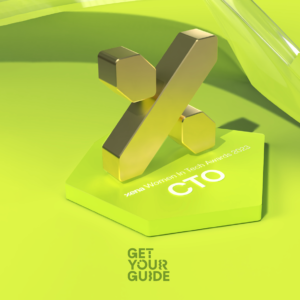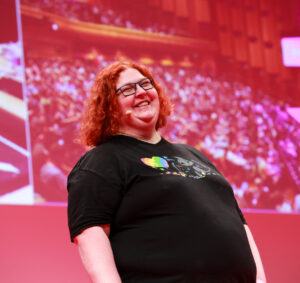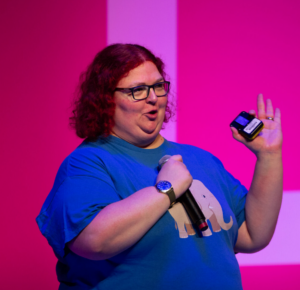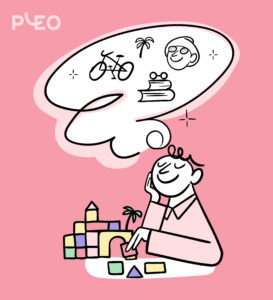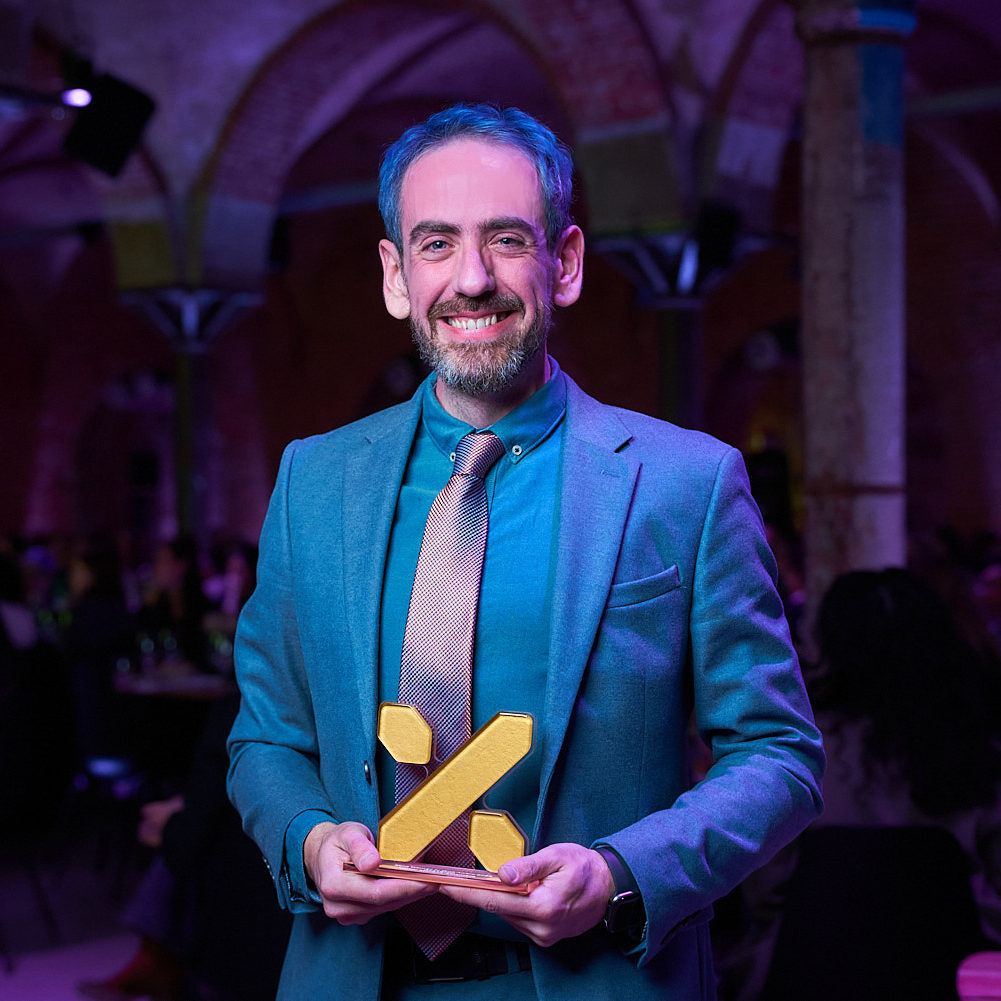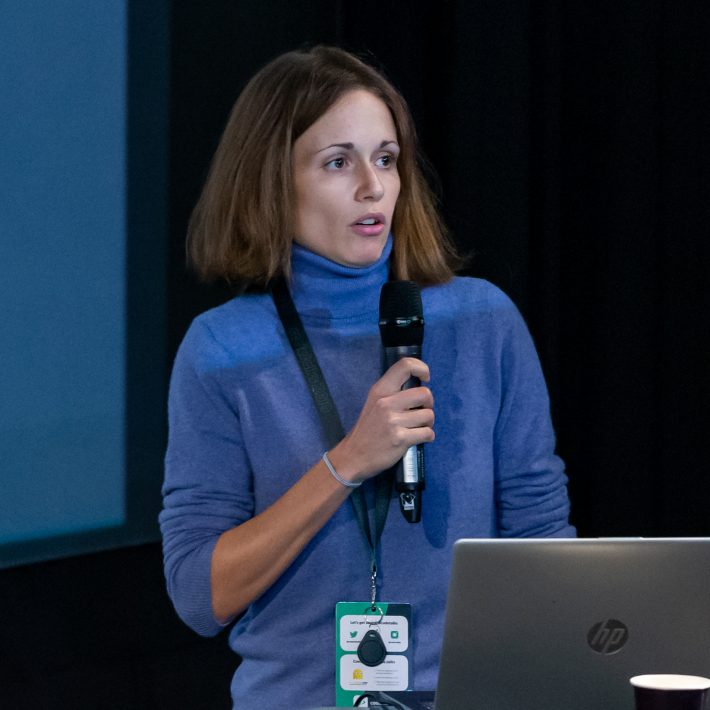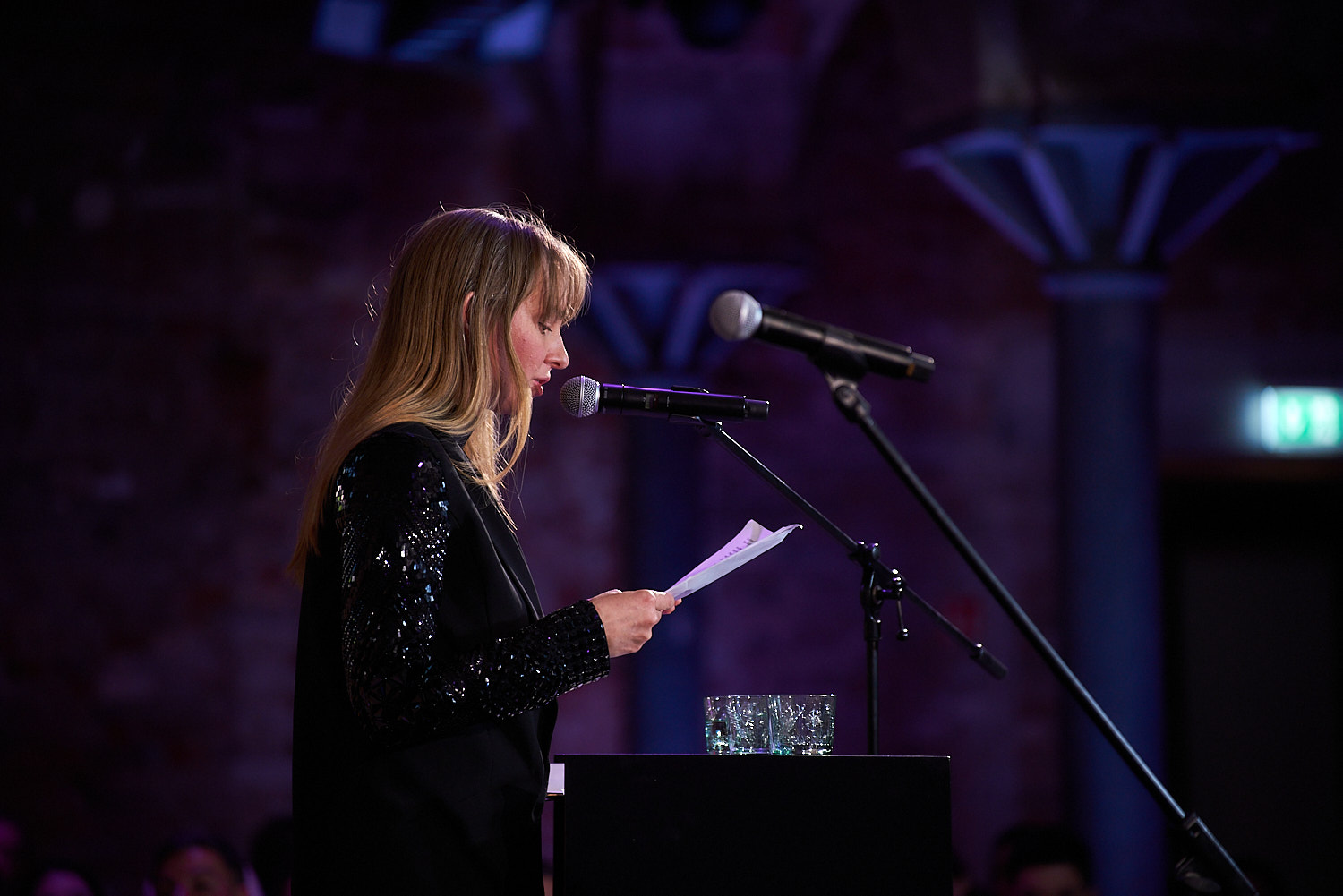4 min. read
Xena’s CTO Award Winner 2023
Meri Williams on +20 years in tech, building diverse teams and more…
A CTO or Chief Technology Officer is the highest rank of technical leaders. However, the ugly truth is that only 6.6% of CTOs are women.
Given the significant impact of this role in the industry, diverse representation is essential. That’s why we partnered with GetYourGuide to recognise the trailblazing CTOs who are breaking the mold and keeping the door open for the progression of women and marginalized communities in tech.
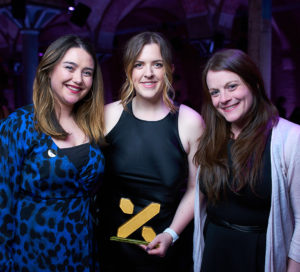
But today in particular, we want to celebrate one extraordinary leader and the winner of the Xena CTO Award 2023: Meri Williams, CTO at Pleo.
Meri is an experienced CTO who has led and scaled technology organisations that build brilliant products and services. From MedTech, FinTech, Government, E-Commerce, TelCo and Manufacturing – it’s hard to find an industry Meri hasn’t explored yet.
Unfortunately, Meri couldn’t make it to the Awards Ceremony but see on the right; Chelsea Connolly, Finance Director – P&E, Tech and Ops at Pleo received the award on Meri’s behalf.
Fear not, we did get a chance to catch up and shine some light on Meri’s career, and spoiler alert: some interesting insights if you’re looking to become a CTO yourself.
How can we close the gender gap in tech?
We can easily summarise that there are 2 main problems in tech: getting women into the industry and retaining them.
Women leave the industry 4x quicker than their counterpart do. Therefore it is essential that we focus on getting more girls into STEM but most importantly make sure they don’t feel the need to leave. In order to achieve this, I take into account the following questions:
• Am I expected here?
• Am I respected?
• Can I be myself and successful here?
As a leader, I need to make sure that the answer for my team is an easy yes to all. We need to make sure that we expect women in leadership roles and to be their authentic selves in order to succeed instead of having to “pretend or behave like a man”.
To be seen as a feature instead of a bug.
In terms of getting more girls into STEM, my wife and I sponsor 3 high-school scholarships for girls a year in South Africa (the same high-school where I studied myself). We have seen how this scholarship has opened doors for them to easily access university funding for those that wish to continue studying. Additionally, my wife and I also sponsor scholarships at the University of Bath, one for women & non-binary student to study Computer Science, and 3 Arts Scholarships.
Can you share 3 professional milestones that led youto where you are now?
• I spent 10 years at Procter & Gamble but I did the equivalent of a 20 year career there. It is a great place to develop as a leader and got a lot of respect and trust in a short period of time. I was handling a 100 million budget as a 27 year old and managing a team of 300. This was such a big responsibility for someone 7-8 years into their career and was super valuable for me.
• My time at Gov Digital Service in the UK and growing the team from 30 to 300 in 9 months. It was a startup within the Cabinet office and it was an amazing time and team to revamp the digital service for all citizens.
• Upscaling Monzo’s tech team from 50 to 150 people and going from under a million to 4 million customers was an interesting journey to go on and my first time in FinTech. Was my first chance to understand the complexity of the market.
What are the soft and hard skills you need to be a CTO in 2023?
The primary soft skills are organisational, to set out a vision and inspire. Then comes technical strategy and delivery is a big part – meaning getting things done and delivered.
I’m a CTO where you’re not hands-on technical anymore but the fact that I once was, means that my architectural thinking is a plus. As you grow and get into bigger roles, executive and commercial skills come in handy.
The most valuable skill which is underinvested is the capacity to have translation skills of communicating complex technical problems and make them understandable for a nontechnical person.
Rather than explaining technicalities from scratch, it is important to be able to talk the business lingo effectively in terms everyone can understand. I was lucky to do the big corporate experience early, this taught me how to translate ideas and communicate with C-level executives but also my technical team. At the end, we are all on the same team and we need to be able to understand eachother.
Additionally, extracurricular work impacts you as a leader. Personally, I get to see a lot of companies through my Technology Advisor role for Kindred Capital for example. It gives a sense of perspective and I enjoy the diversity of that. Also, as the Chair (co-curator & host) of The Lead Developer conference series, has been an enriching experience that feds back into my work.
What are your diversity stats and goals at Pleo this year?
We currently have a diverse board, which is 50-50, and at a senior leadership we are close to reaching 40%. We don’t have any public goals per se but retention is a key topic. We want to make sure that belonging is at the centre everything that we do. This involves both our underrepresented team members and includes anyone within the organisation. For instance, we make sure to empower team members and enable them by something as simple as providing a company card. This builds trust and is what we do at the end of the day, simplifying expenses. We have established a number of processes, interventions, and calibrations based on potential and performance for our employees to support their progression.
Additionally, Pleo has invested in authentic leadership courses which revolve around leading by being yourself, getting in touch with who you are, and finding the best way for yourself to work. In terms of values, one that stands is ‘One Pleo’ which focuses on what is best for the total company as a whole and this helps stop futile behaviour or competing against each other. We make sure to create a space where people can be themselves and as a leader in tech, I try to be as visible as possible. I support ERGs, community groups and I personally sponsor the Women in Pleo group.
